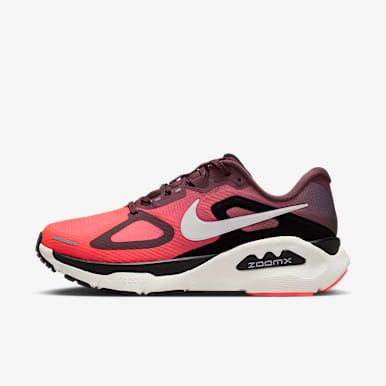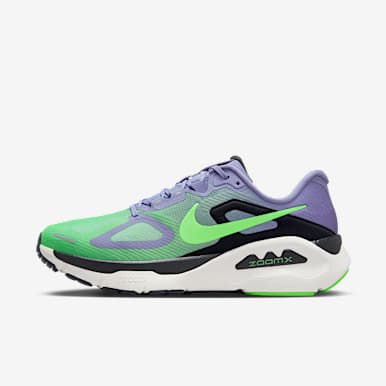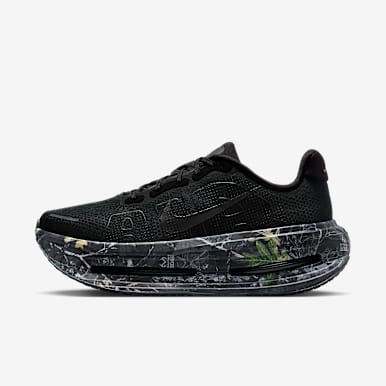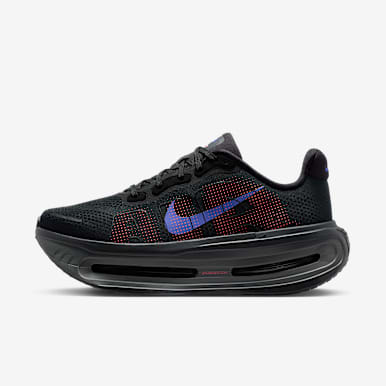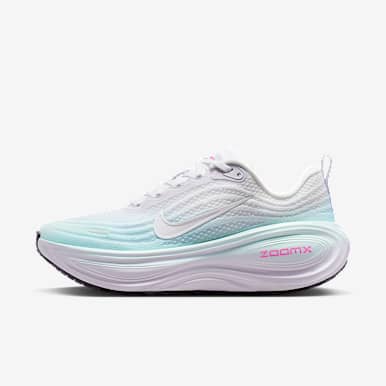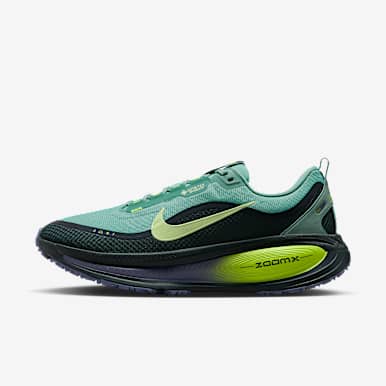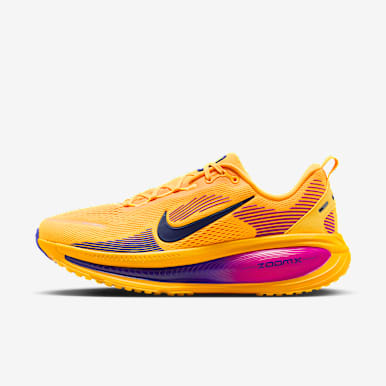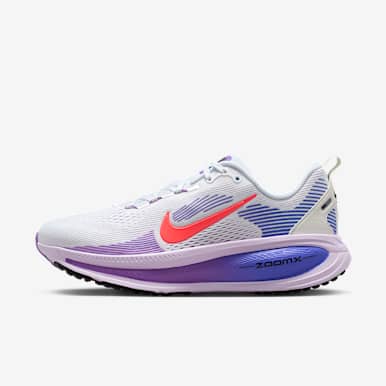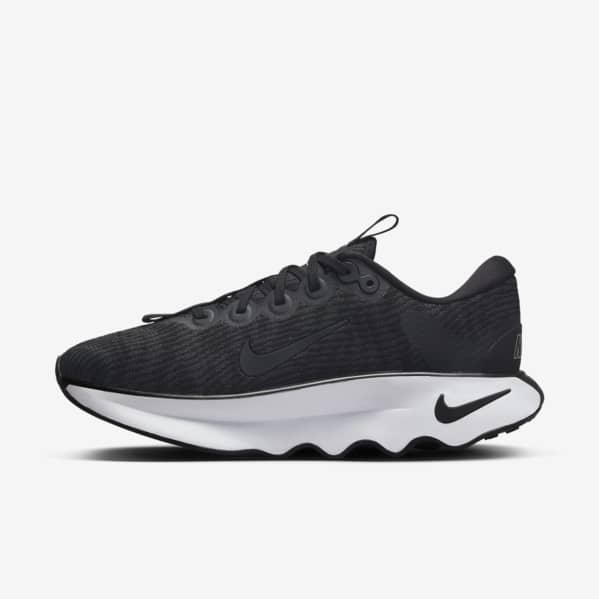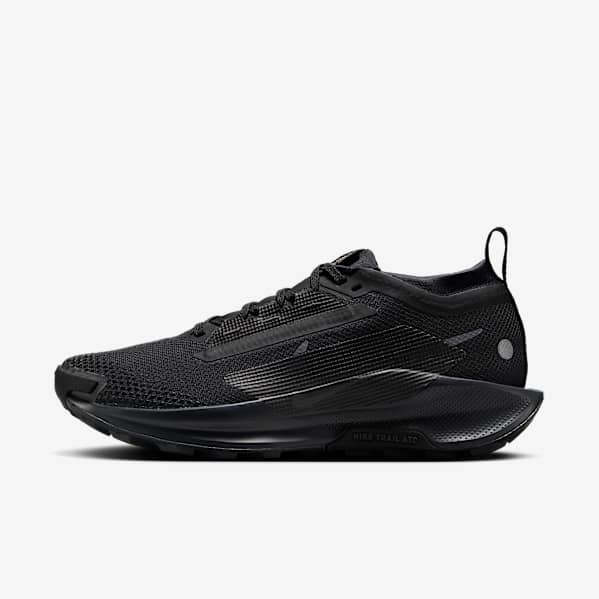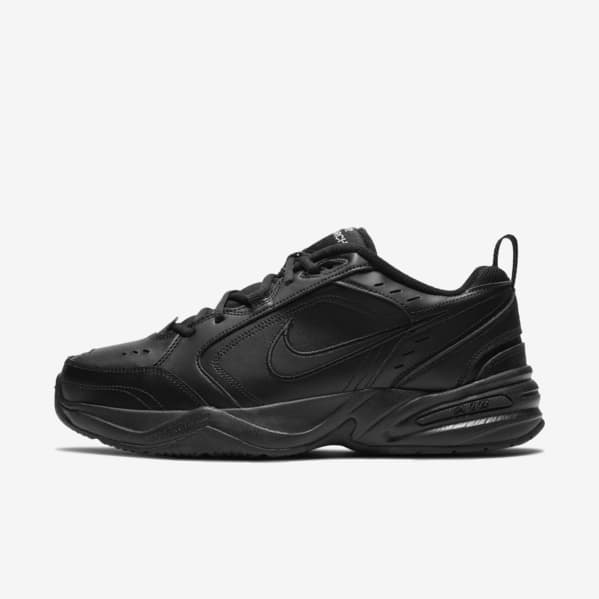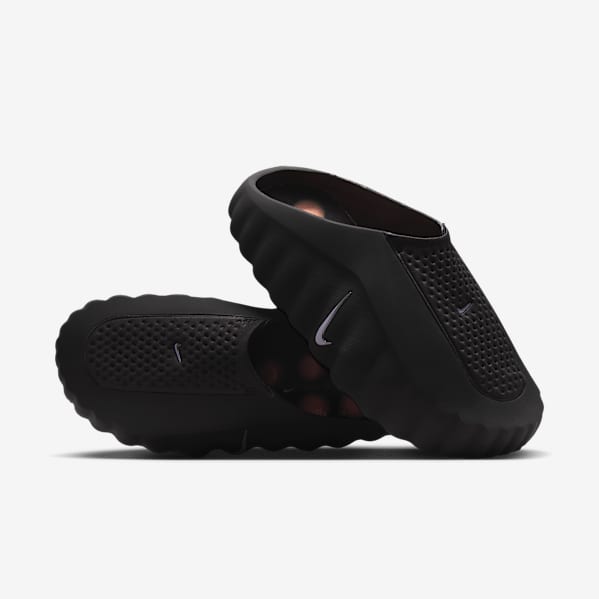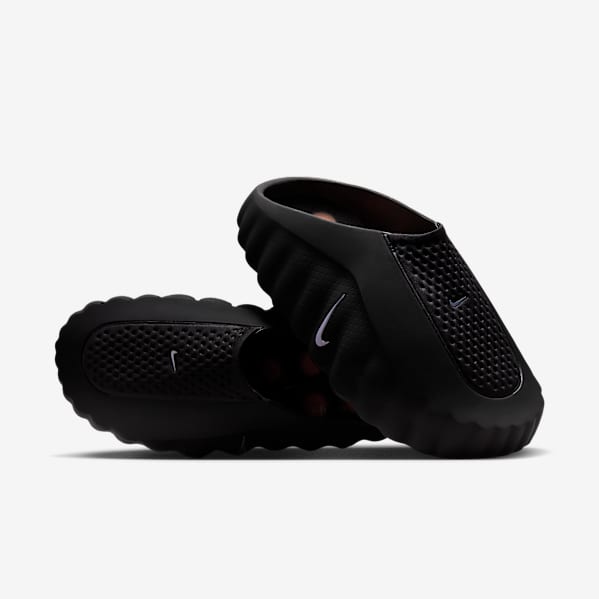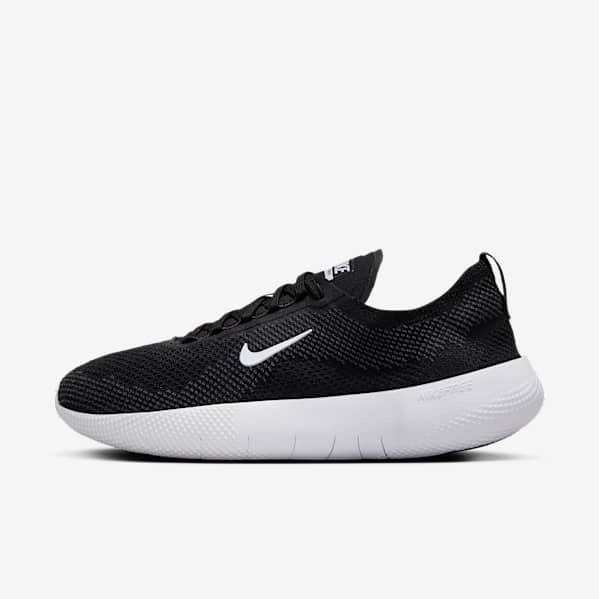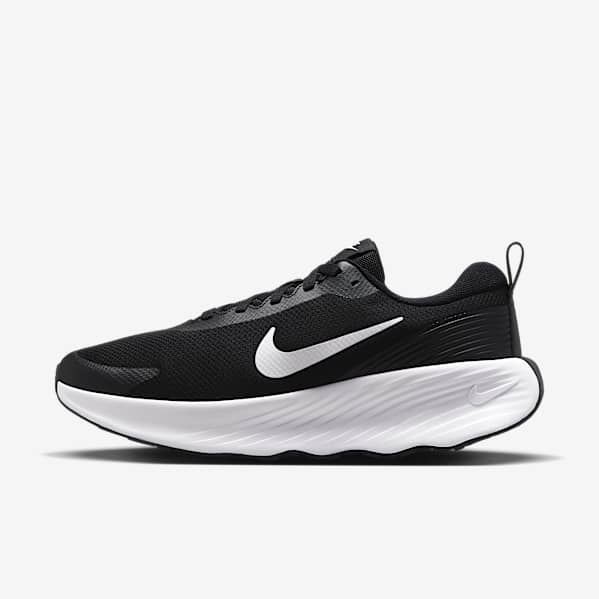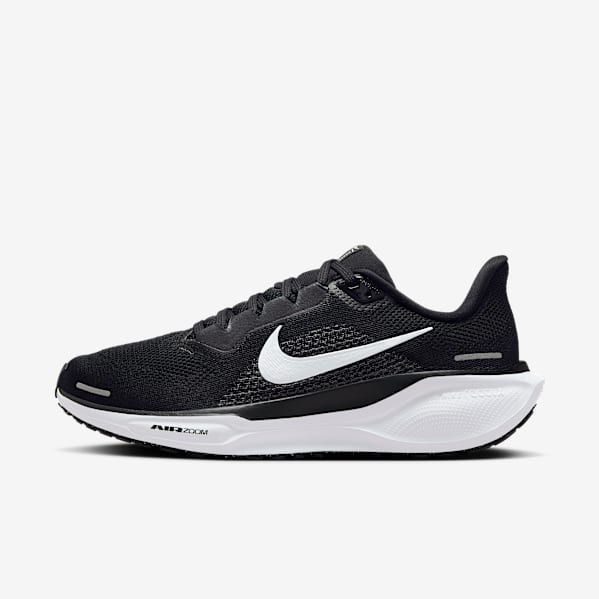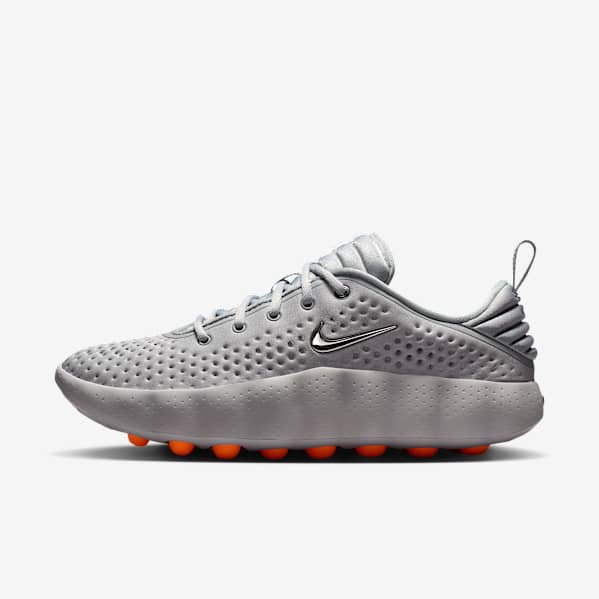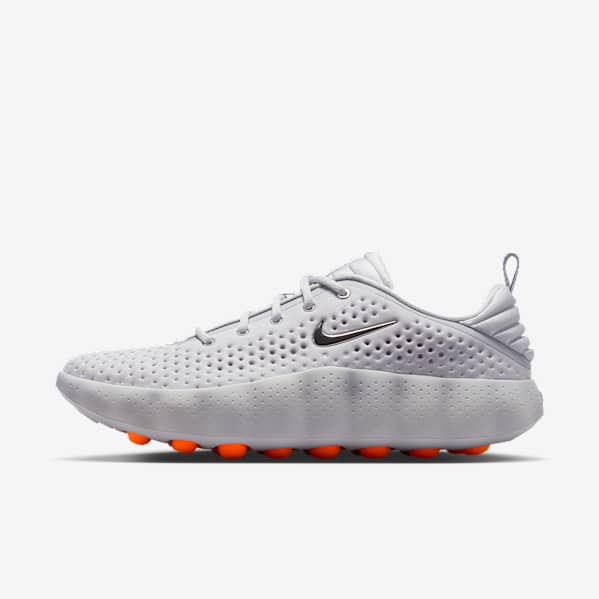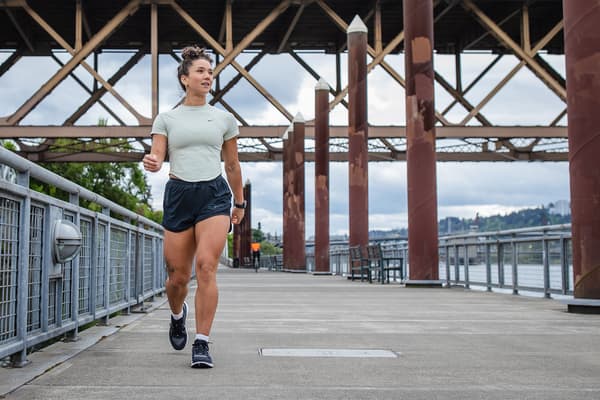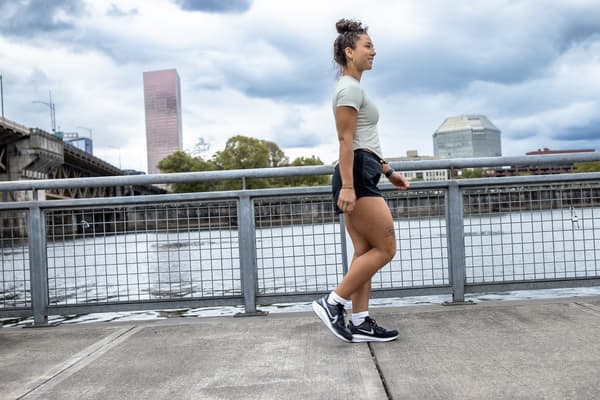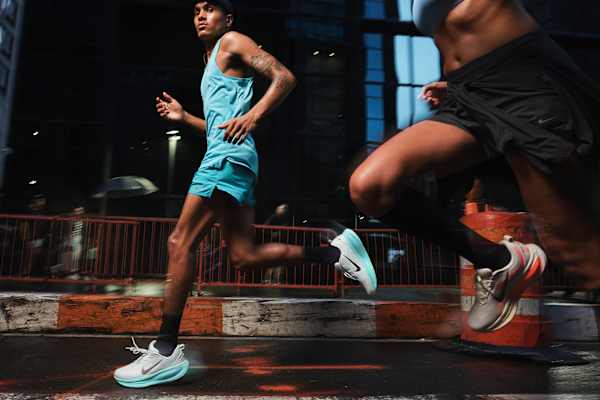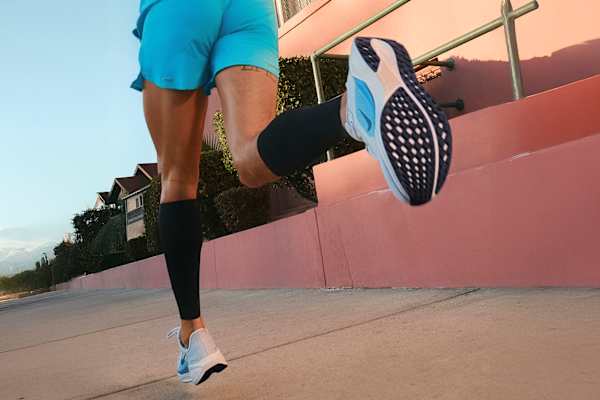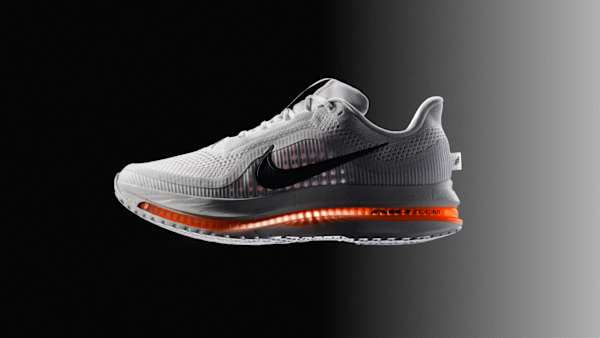What is the difference between running and walking shoes?
Buying guide
Cut back on your confusion with this informative guide.
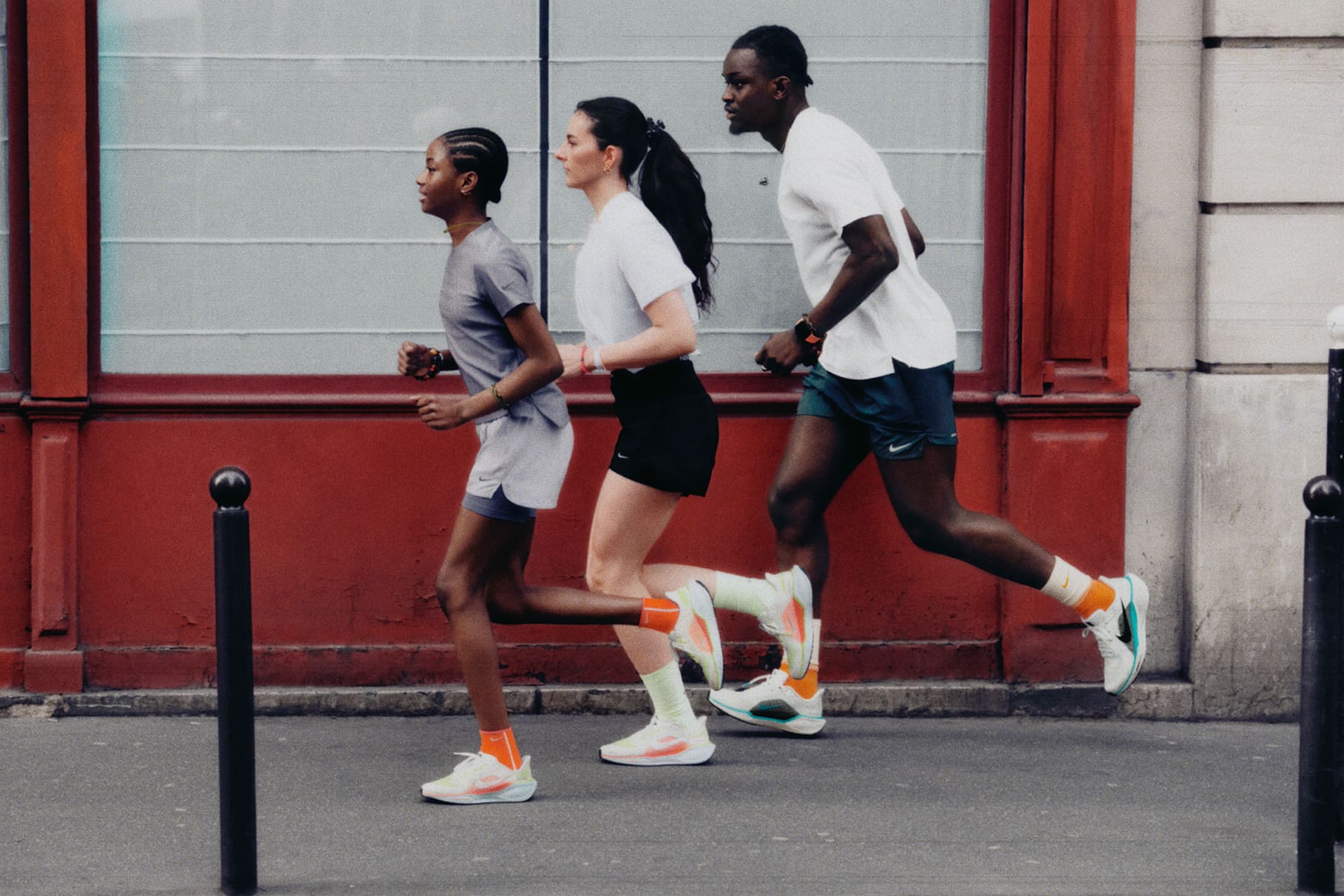
Given the similar movements of walking and running, it would seem that running and walking shoes would be similar, too. However, there are differences between running and walking shoes, and those distinct elements can influence your comfort and performance during your workout. Most walking shoes are not ideal for running, although you may get away with using a running shoe for walking.
If your exercise routine includes a solid mix of both running and walking, it's understandable to mentally weigh walking vs. running shoes. These are the major differences between the two, plus a few suggestions to help you hit the ground running—or walking.
Walking vs. running shoes
Shoes are divided into walking and running categories because the movement involved in each is different.
At a basic level, you use a different foot strike when you run or walk. Runners have two feet off the ground at one point in the movement, while walkers always have one foot on the ground. (The same is true for race-walkers.)
There is also a different weight distribution when you're walking and running. Runners push two to three times their body weight with each stride, while walkers deal with much less of a gravitational pull.
As a result, "running shoes are great for walking, but not all walking shoes might offer the cushion, response and transition features that a runner might be looking for", says Andrew Bumbalough, product line manager, running footwear at Nike.
What is the difference between walking and running shoes?
The difference between these two is in the design, which is created to support the specific needs of each athlete. Here is what you can expect for each major element of your shoe, depending on your sport:
Cushioning
Cushioning is the thickness of the shoe's midsole. It's designed to help absorb impact and lower the strain on your body.
Running shoes
Runners hit the ground harder and faster than walkers. Because of this, running shoes need extra cushioning on the shoe's heel and forefoot.
Walking shoes
Because they keep one foot on the ground at all times, walkers typically don't need the same level of cushioning as runners. Less cushioning can help save on weight, allowing you to walk faster or with less drag when you choose a walking shoe. That doesn't mean cushioning isn't important for walkers, though.
Heel flare and height
A flared heel is usually apparent when you look at a shoe from the side—it juts out slightly at the bottom and back of a shoe. Heel height is how tall the shoe is at the back. More height typically correlates to greater cushioning and response.
Running shoes
Running shoes typically have a higher heel and may have a flare for additional stability. However, every runner has a different stride and can strike the ground first with different areas of the foot.
Walking shoes
Walkers typically hit the ground with the heel first. Having a flared heel may interfere with the ability to stride forwards smoothly. If you're a walker interested in a running shoe, consider one with a smaller heel flare or no heel flare to bypass this issue.
Flexibility
Structure is important in a shoe, but there needs to be some flexibility to allow you to roll through your stride with ease and comfort.
Running shoes
"Flexibility allows runners to have a more tactile feel of the ground and a larger range of motion", says Bumbalough. Running shoes usually have more flexibility in the midfoot or arch, but every shoe is different.
Walking shoes
Walkers also need flexibility to move through their stride comfortably. However, these shoes may feel stiffer than a traditional running shoe.
Responsiveness
Responsiveness is that springy or bouncy feel you get when you walk or run in shoes. Good responsiveness may help you run or walk faster.
Running shoes
The level of responsiveness you need with a running shoe can be a matter of personal preference. "But in general, good responsiveness can help create "more bounce" during runs", says Bumbalough.
Walking shoes
Good responsiveness can also be helpful in a walking shoe, allowing you to push forwards a little easier with each step. However, some walkers may not want as much responsiveness as they'd get with a running shoe.
Running shoes to shop
The Nike Pegasus 41, which is available for women and men, is designed with responsive cushioning to keep you comfortable as you pound the pavement.
The Nike Vaporfly 3 has a visible heel flare for added stability.
Walking shoes to shop
Nike's Motiva is a well-cushioned option with an exaggerated rocker for a smooth step.
The Nike InfinityRN 4 is technically a road-running shoe but has many of the qualities you'd want in a walking shoe, including a rocker-style design.
Frequently asked questions
Is there really a difference between running and walking shoes?
Yes, there is a difference between running and walking shoes. Each is designed with particular movements in mind to support you throughout your stride. While you can wear running shoes for walking, not all walking shoes are a good fit for running, given that they have different levels of cushioning.
Are running shoes good for walking or standing all day?
While running shoes aren't specifically tailored to the needs of walkers, they can still be a good choice for walking or standing on your feet all day. "Running shoes offer great cushioning and support, making them a great choice for walking and all-day wear", says Bumbalough.
Words by Korin Miller
